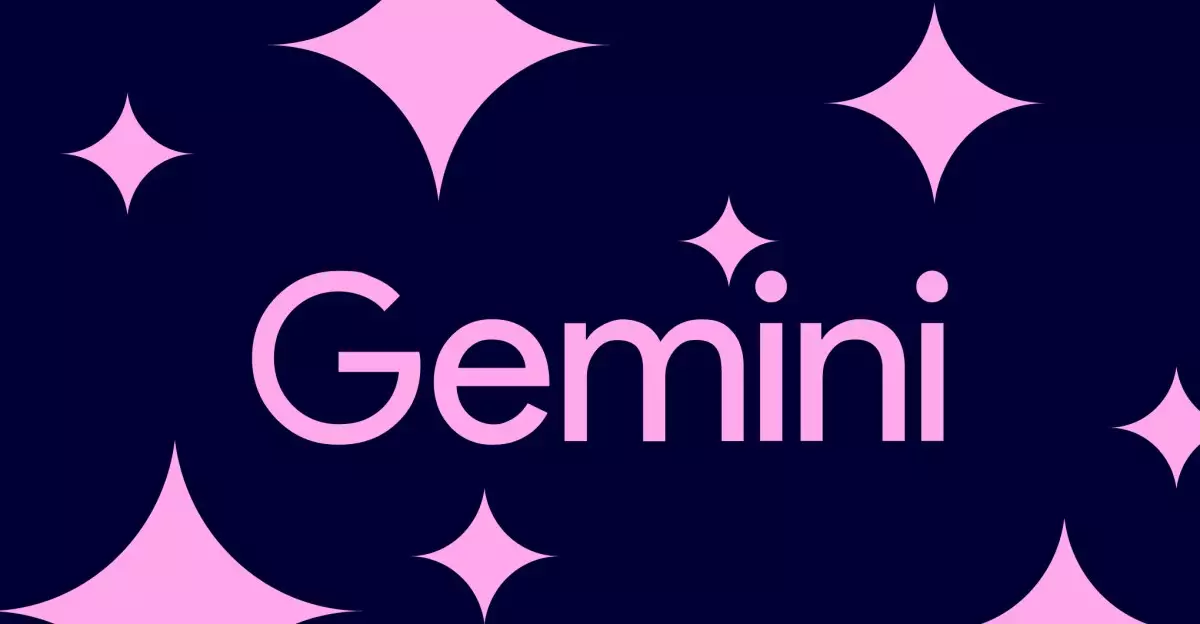In a significant step towards integrating artificial intelligence into the lives of younger users, Google is set to introduce its Gemini apps to children under 13 via managed family accounts. This initiative exemplifies the tech giant’s commitment to making advanced tools, such as AI-assisted learning and storytelling, accessible to children under parental oversight. As society increasingly revolves around technology, Google’s decision opens doors for creative learning opportunities that can profoundly impact young minds.
Nonetheless, while the potential benefits are substantial, we must approach this innovation with caution. Gemini applications could certainly facilitate homework assistance or stimulate the imagination with captivating stories. However, these advantages don’t negate the inherent risks. The transition into an AI-driven educational landscape demands careful consideration of the implications for cognitive development and the overall digital environment children are exposed to.
The Double-Edged Sword of AI Tools
Google acknowledges the potential pitfalls associated with introducing AI to a younger demographic. In communications with parents using Google Family Link, it’s made clear that while Gemini aims to enhance learning experiences, there are limitations to what the technology can provide. The infamous warning about AI missteps—like suggesting nonsensical food combinations or misinterpreting simple questions—underscores a crucial point: AI is not infallible. In fact, it can sometimes present harmful or inappropriate content, an alarming reality showcased by previous issues in AI chat platforms.
With such risks in mind, the formulation of safety measures becomes paramount. Google encourages parents to engage in proactive discussions with their children about the nature of AI. Teaching kids that these applications are not human entities and that they shouldn’t share personal information is essential. However, the onus should not solely fall on parents; technological advancements must be accompanied by robust safeguards from the providers themselves.
Balancing Innovation with Responsibility
The introduction of Gemini represents a shifting paradigm in how children interact with technology. In a world where digital literacy is becoming as crucial as reading and arithmetic, providing children with AI tools may help them develop necessary skills for the future. Yet, this innovation must be tempered with responsibility, particularly concerning privacy concerns and psychological impacts.
Moreover, education systems must adapt to this new landscape. Schools have a critical role in guiding children through the complexities of AI, ensuring that students learn to think critically about their interactions with these technologies. As the boundaries between reality and AI blur, the educational curriculum will also need to include discussions about the ethics surrounding AI use and its implications on interpersonal relationships.
By embracing both the opportunities and challenges presented by tools like Google Gemini, we can strive to create an environment that nurtures children’s curiosity and creativity while safeguarding their emotional and cognitive well-being. Balancing innovation with thoughtful implementation may well pave the way for a future where technology acts not as a replacement for human connection but as an enhancement of the educational experience.

